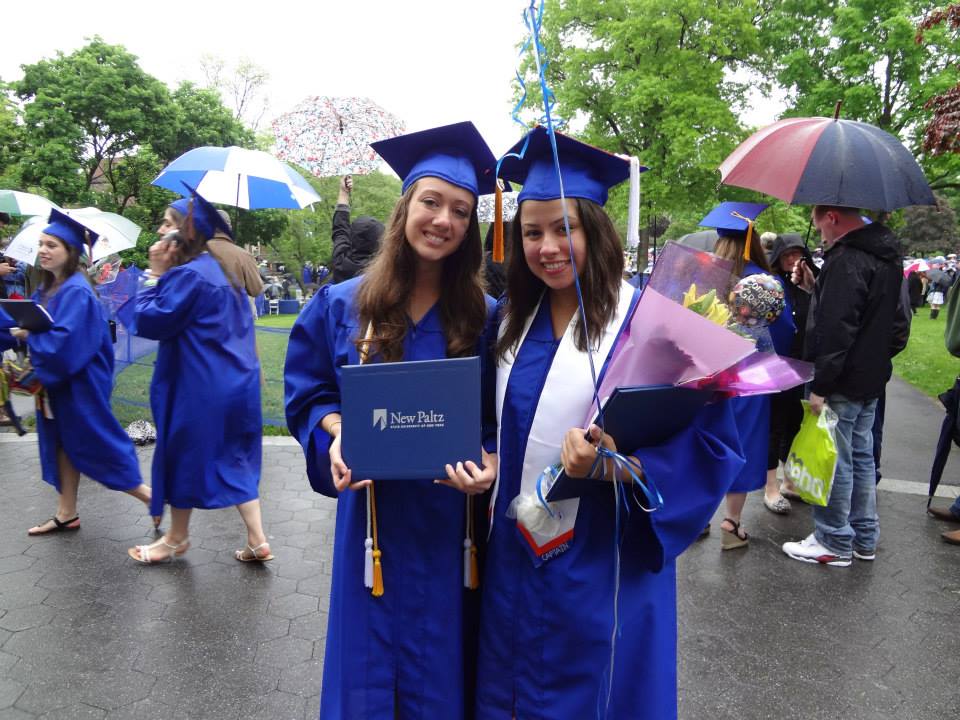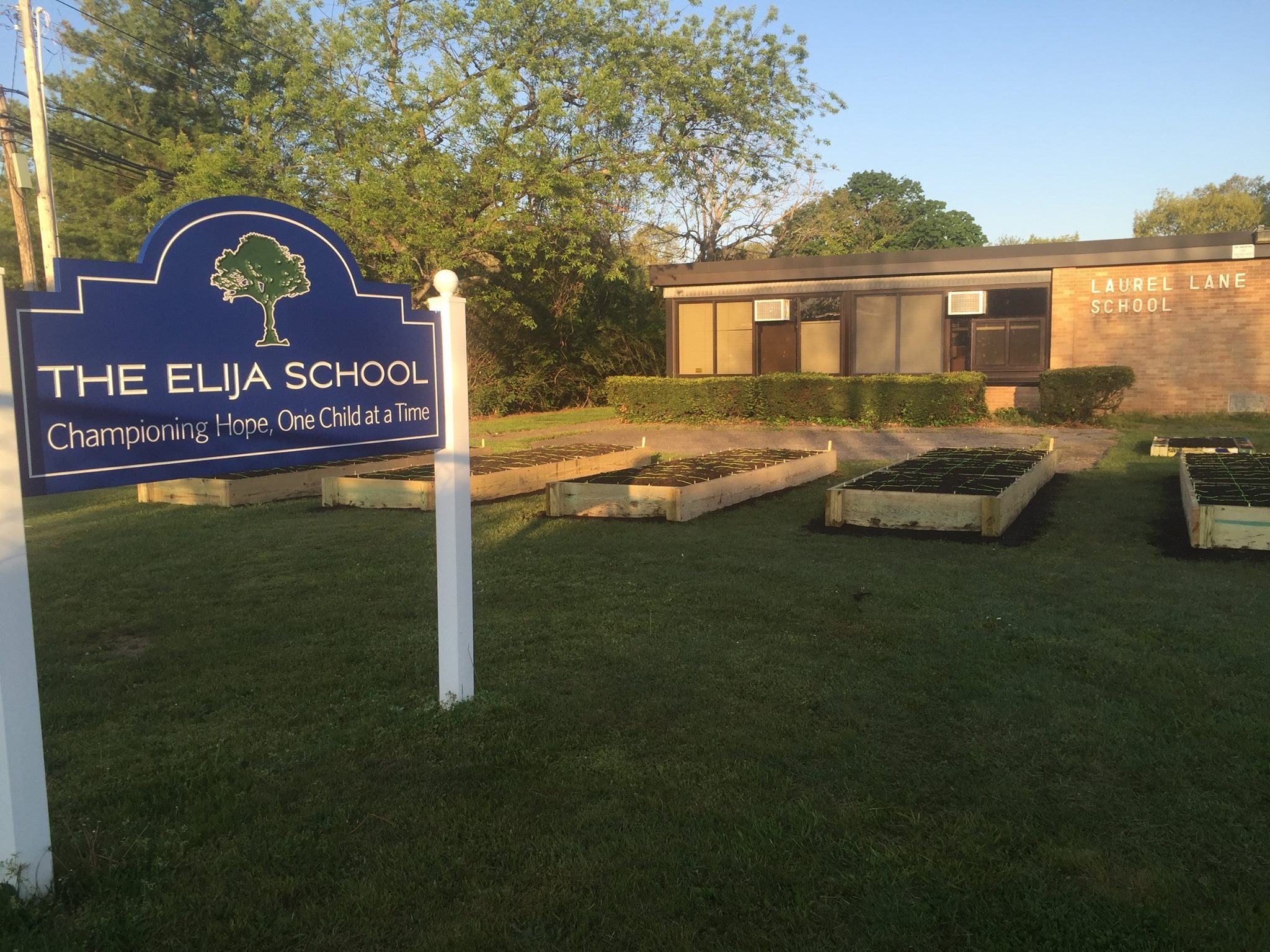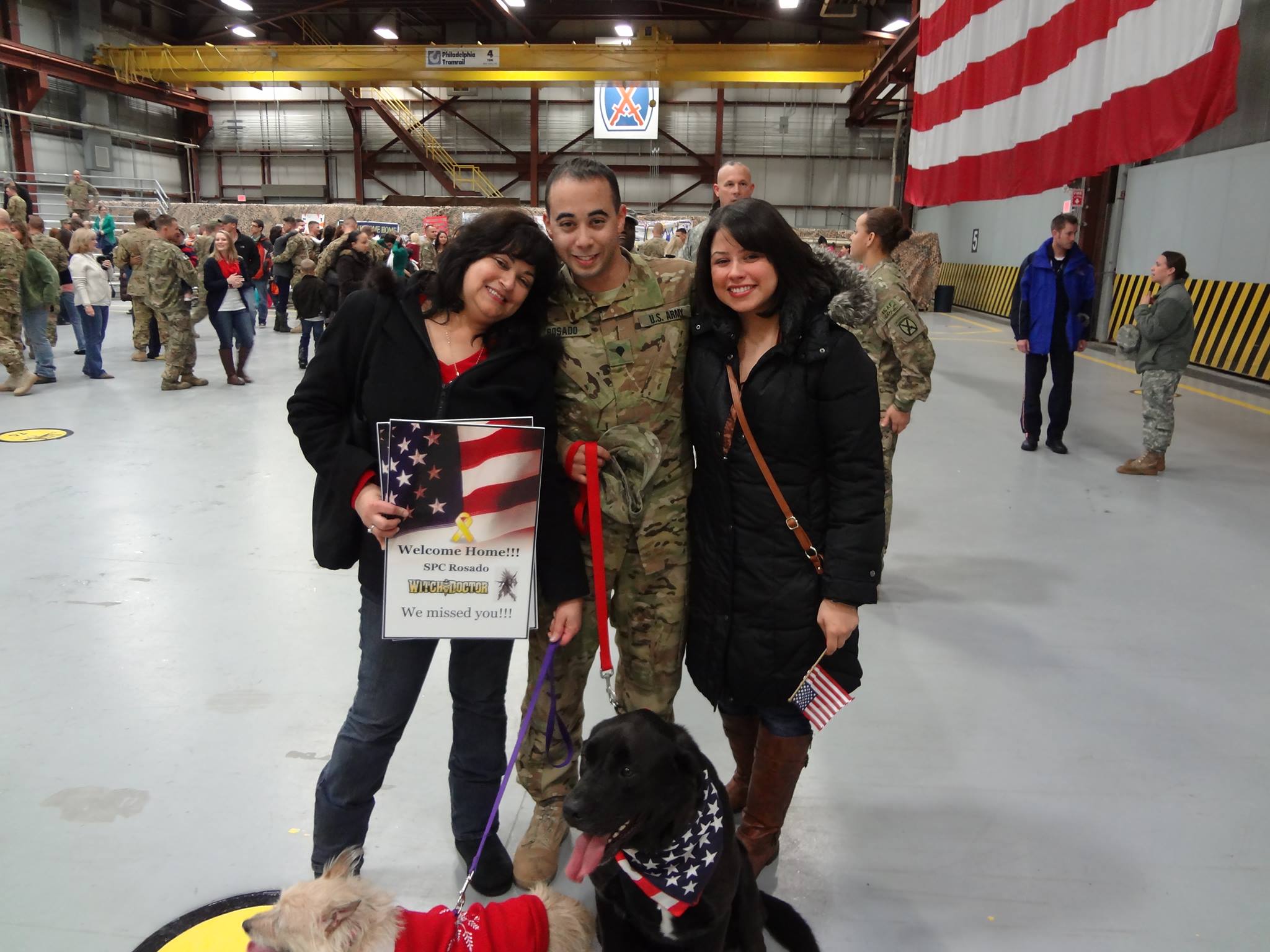
Ashley's graduation day (Ashley Rosado)
Ashley Rosado attended the State University of New York at New Paltz near Poughkeepsie, NY, and she graduated with her bachelor’s degree in 2013. Like many students, she had big choices to make about where to go from there.
After graduation, Ashley saw her job as an opportunity to explore the options that her field of study provided. Now, she is a part-time graduate student studying behavioral analysis at the Long Island University C.W. Post Campus, while working full-time with children suffering from severe autism. Balancing her demanding commitments and living a full life outside of school and work may seem impossible, but Ashley shares her story and the strategies that have helped her have the best of both worlds.
Q. After graduating SUNY New Paltz in 2013, you moved back home to Long Island and began your search for a graduate school program. Why did you decide to pursue your graduate degree and also work full-time?
Attending graduate school full-time while also working full-time is a huge challenge. While completing my undergraduate degree, I was extremely fortunate to have parents who were able to support me financially while I was away at school. When I decided to pursue a graduate degree, my parents and I both agreed that it was my choice to continue my education, so it would be my responsibility to support myself financially. In order to support myself financially, I need to work full-time.
Q. Your current job as an instructor at the ELIJA School for Autism is not easy by any means. Why did you decide to take such a challenging job and how has it helped you to further your education?

Ashley and friend on graduation day at SUNY the College at New Paltz (Ashley Rosado)
After graduating from New Paltz, I knew that I wanted to work with individuals with disabilities, but I didn't know exactly what route within the field I wanted to pursue. My cousin is a teacher at another school for children with autism and suggested I apply as a teaching assistant so I could gain some experience in the field. That opportunity allowed me to work with a variety of professionals within the field. After working with behavior analysts to help students with behavioral challenges improve their quality of life and the quality of life of their families, I decided I wanted to become a behavior analyst.
When a student struggles with behavioral challenges, it impacts academic progress, communication, socialization, relationships, and overall function level. Being able to help these students and families improve their overall quality of life is the most rewarding feeling I have ever experienced. My students have taught me to use patience when struggling with a communication barrier, to be understanding that all individuals experience situations differently, and to remain calm and optimistic when unforeseen challenges arise.
In addition to learning from my students, I work with extremely supportive, passionate, and creative professionals in a full-circle learning environment. Every member of the team is working to learn from each other and stay current with advances in the field. I am lucky to work at a school that truly remembers the reason why we are all there: to help our learners be the best they can be.

The ELIJA School in Levittown, New York (Ashley Rosado)
Q. The ELIJA School has not only given you experience in working with children with autism, but it has also helped you pay for college and achieve your observation hours, a necessary part of your degree. How did you discover this opportunity with your employer?
My job offers supervision hours for those looking to pursue board certification in behavior analysis. The behavior analyst board requires a candidate have 1,500 hours of intensive experience and supervision in the field of applied behavior analysis in order to be considered for board certification. My job offers its employees the opportunity to complete those supervision hours during working hours. Employees must sign a two-year commitment to the school as well as a supervisor/supervisee agreement contract. When I decided I wanted to become a board-certified behavior analyst, I began the search for a supervisor. I began asking everyone I knew who was related to the field if they had any suggestions to help my search along. Coworkers, friends in the field, classmates, relatives of friends, professors, previous employers, directors of my graduate programs—everyone! After talking to the director of one of my graduate programs, I was given the name of the school I now work for and the contact information for the director of the school’s program.
Q. Your college and your job are almost an hour-long commute from your home. How do you balance your schedule, stay on task, and still find time for yourself?
Organization and time management is key! I use a white board calendar to lay out all my work, schoolwork, and personal responsibilities for the month. Each week, I create a list of tasks that need to be completed by the Friday of that week so that I can use my weekends to enjoy some personal time and spend time with friends and family. This makes for a very hectic Monday through Friday, filled with 16-hour days, but knowing I will be responsibility-free for two days is worth it.

Ashley and family greeting her brother Chris Rosado as he returns from his deployment to Afghanistan (Ashley Rosado)
Q. It’s safe to say, you are a hard-working and successful student! What advice do you have for students who hope to go to graduate school straight out of college and work in fields, like yours, that are both challenging and rewarding?
My best piece of advice is to always remember why you chose your path. The long days and late nights can really wear you down. Those tough times are when you need to remind yourself that this path is what will lead you to your goals, and although the road may be rough at times, it will all be worth it. This temporary sacrifice will lead to the long-term gain of a career that is rewarding, challenging, and fun!
-
My College Story: Higher Education in Argentina
-
My College Story: The Windy Road to a Pharm.D
-
My College Story: Expanding a Study Abroad Experience
-
My College Story: The True Value of Education
-
My College Story: Minus the College
-
My College Story: Winning the Chegg Contest to Volunteer in Ecuador
-
My College Story: Budget Traveling and Programs Abroad
-
My College Story: Entering the Field of Psychology
-
My College Story: Life in the Service
-
My College Story: Confronting the “Home Ec” Stigma
-
My College Story: How Theater Turned into Business
-
My College Story: Learning to Live with PMDD

